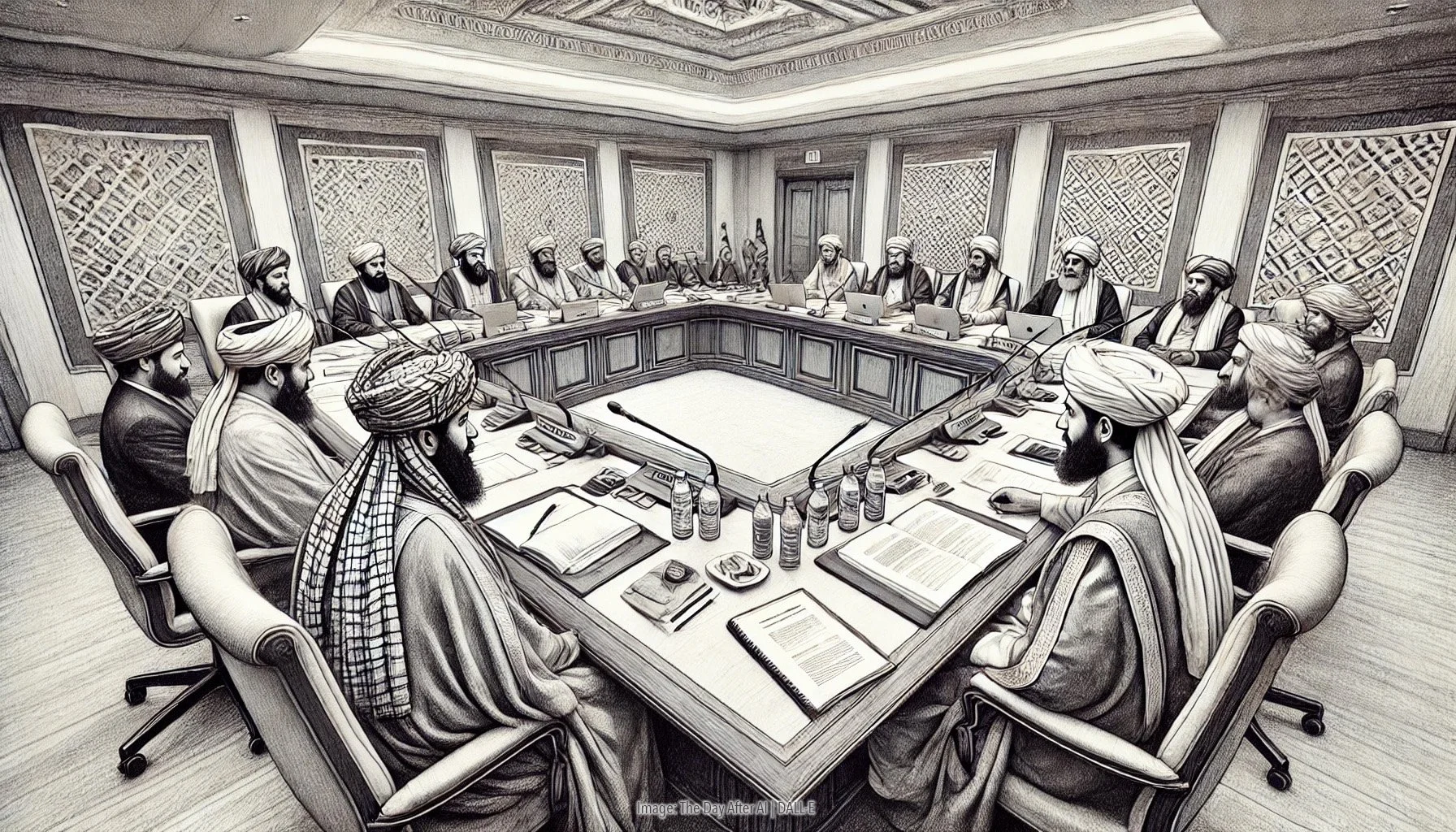Iranian Official Urges AI Adoption: Key Strategy for Winning Elections and Boosting Voter Turnout
AI-generated Image
Image Credit: Jacky Lee
Mohammadreza Ghasemi, head of the Seminaries' Intelligent Technologies Department in Iran, has called on presidential candidates to harness artificial intelligence (AI) to influence public opinion and combat voter apathy. In a recent statement to IRNA news, Ghasemi emphasized that no candidate could hope to succeed in the current political climate without integrating AI into their campaign strategies, highlighting its critical role in modern electoral processes.
A Response to Declining Voter Turnout
Amid historically low voter turnouts, as evidenced by recent elections in Iran, the push for AI utilization reflects a broader effort to re-engage a disenchanted electorate. Ghasemi's comments underline a stark reality: with controlled candidate selection and general disillusionment, traditional campaign methods are no longer sufficient to mobilize the public, necessitating a shift towards more sophisticated, data-driven approaches.
The Global Context of AI in Politics
The use of AI to manage public perception isn't unique to Iran. Ghasemi noted that superpowers like the USA and Russia already employ these technologies to sway public opinion and steer political outcomes, positioning AI as a pivotal tool in the geopolitical toolkit. This strategic adoption underscores the global trend towards leveraging big data and AI in shaping political landscapes.
Ethical Implications and Challenges
While AI presents significant opportunities for enhancing campaign efficacy, it also brings challenges, particularly in the realms of misinformation and social manipulation. Ghasemi acknowledged the double-edged nature of AI, pointing out its role in both reflecting real news and engineering fake news, which has been instrumental in 30% of the protests in 2022. This acknowledgment brings to the fore the ethical considerations that must be navigated as AI becomes more entrenched in political processes.
The Future of AI in Governance
Looking ahead, Ghasemi predicts a world increasingly divided not by geographical boundaries but by the capabilities to use and develop AI. This division suggests a future where AI proficiency could determine a nation's or a region's influence on the global stage. As AI continues to evolve, its integration into governance and electoral strategies is likely to deepen, reshaping how leaders are chosen and how policies are formulated.
Source: Iran International

